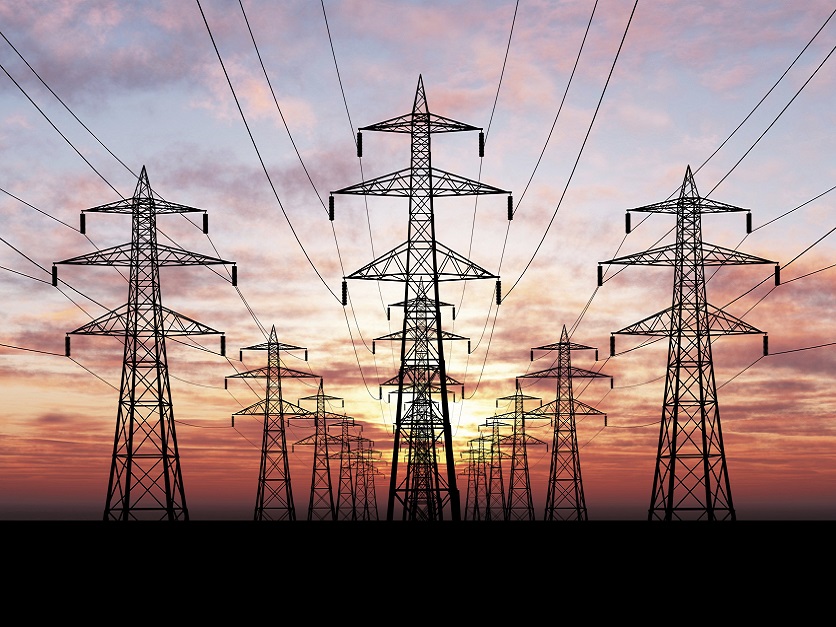By Jim Matheson
As Congress and the administration work to address the challenges facing our nation, it’s important they don’t forget rural America and the importance of reliable power.
Infrastructure is one area in particular where this is vital. Much of the infrastructure conversation is dominated by the need to rebuild roads and bridges. But the infrastructure needs of rural America are much more than that.
Every business, farm, and school has one thing in common: access to reliable power. That common denominator is a foundational strength of the entire American economy.
But it’s often overlooked.
The lights stay on across rural America because of America’s electric cooperatives - the not-for-profit utilities that power and empower communities across more than 60 percent of the nation.
Electric co-ops are dedicated to the 42 million consumer-owners we serve. And we’re committed to carrying out our mission for years to come.
Here are three things Congress can do to advance America’s rural interests:
1. Support maintenance and enhancements to existing rural infrastructure: Maintaining and upgrading power lines and other infrastructure is a massive undertaking. As policymakers consider an infrastructure package, the Farm Bill, tax policy, and other legislation, it is critical they support the siting and construction of generation, transmission and distribution infrastructure to meet rural America’s 21st century energy needs.
2. Ensure timely permitting decisions: Regulatory review timelines for infrastructure can stretch on for years. These bureaucratic delays strain existing infrastructure and can force electric co-ops to take drastic measures to keep the lights on. In 2006, Associated Electric Cooperative in Missouri determined that a new 100-mile transmission line was critical to ensuring reliable power. But because of the bureaucratic maze, the project took until 2012 to complete and included over $1 million spent on non-construction and non-engineering expenses.
3. Prioritize rural broadband deployment: Just as FDR helped illuminate rural America 80 years ago, a similar opportunity exists today. Broadband access is limited across much of the nation’s rural landscape. Electric cooperatives are partnering in the development of Smart Rural Communities. These consumer-centric cooperatives are promoting and developing broadband networks that communities can leverage to enhance economic diversity, education and advanced health care.
An infrastructure package that focuses on the needs of rural America will create jobs and expand opportunity throughout the nation. It’s time for Congress and the administration to make that a reality.
Jim Matheson is CEO of the National Rural Electric Cooperative Association (NRECA), the national service organization that represents the nation’s more than 900 private, not-for-profit, consumer-owned electric cooperatives. He previously served seven terms as a U.S. Representative from Utah.
#30

